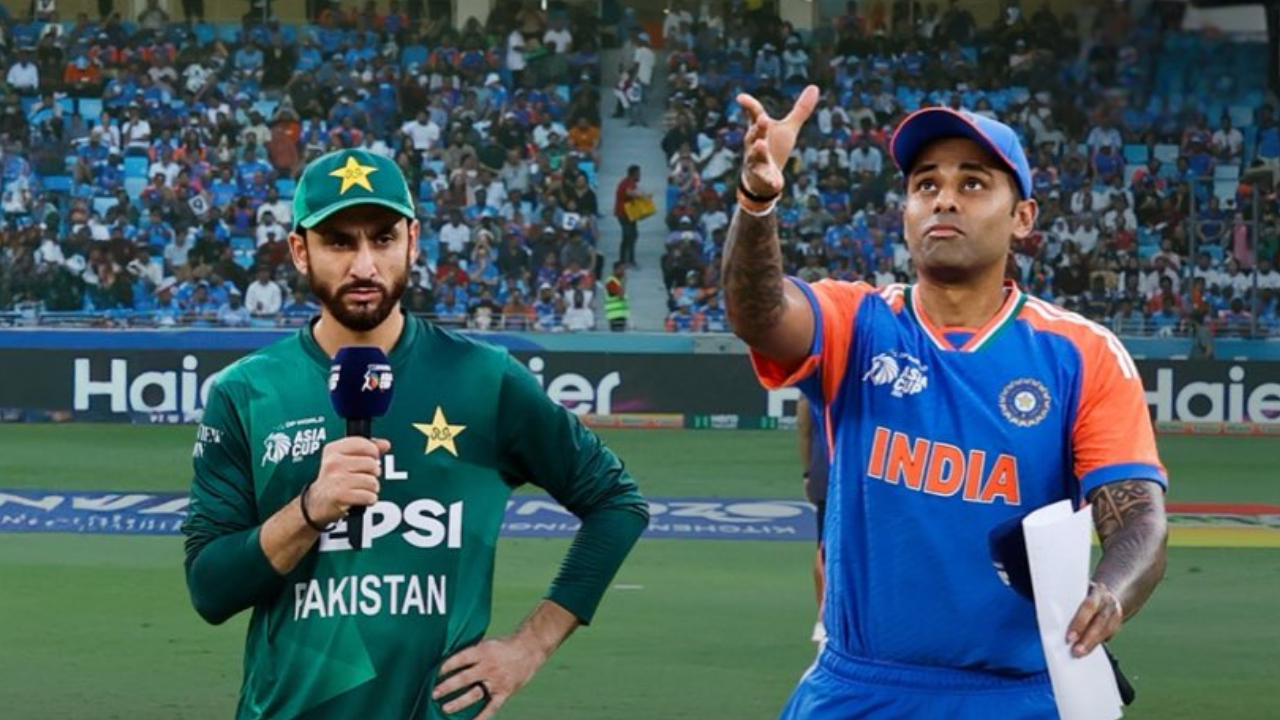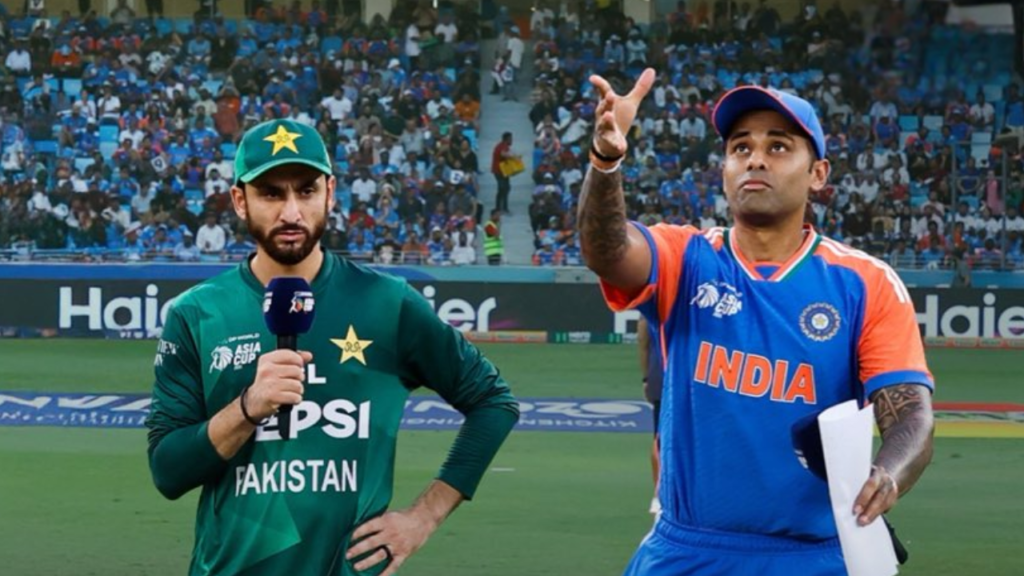
Gargi Raut in Dubai
The India-Pakistan clash in the Asia Cup final has become more than just a contest of bat and ball. With it, the responsibilities for a sports journalist have multiplied. For the first time in the 41-year-history of the tournament, India and Pakistan are set to meet in the final, and it will be more than a game. It is a political, cultural and emotional experience that will be followed by millions. For a journalist, the first responsibility is objectivity, which the ACC chairman has failed to display. The atmosphere in Dubai ahead of every India-Pakistan game is tense, and the security heightened. Many wonder if it’s even safe to attend the game. Amid such anxiety, a journalist must report facts, provide clarity, and avoid adding to the tension.
The idea here is not to fan political flames or sensationalise events. This is not an isolated sporting encounter, but it comes only months after a terror attack and India is still recovering from the hurt caused by it. The 1999 World Cup match was played during the Kargil conflict, and 2003 came with its own geopolitical backdrop. But today, things are different. We live in an age where incitement and provocation are easy, and social media amplifies every meme, tweet and statement. One careless post can escalate tensions. Here, a journalist’s responsibility is to show the facts without exaggerating emotions.
Equally important is balanced storytelling. Both the teams are undoubtedly under immense pressure, and as passions run high, a journalist’s role is to document events without distorting them. Ahead of this final – one that is bound to be fiery on and off the field – even if members of the Pakistan team or administration have made inflammatory statements or on-field gestures, they must be covered accurately and with context. The job is to describe what happened, explain its significance, and seek official responses.
There is another responsibility – the duty to be accurate under pressure. In the age of social media, it is easy to fall prey to fake news, and wrong information spreads faster than the truth. Whether it is reporting team news, player fitness, security updates, or verified accounts of provocative behaviour, every detail must be checked before publication. Speed matters, but nothing gives an organisation or journalist more credibility than being accurate.
Finally, there is a responsibility to focus on the sport – the primary reason for our presence in Dubai. Even when political undertones and unsporting behaviour dominate the headlines, we must remember that this remains a game. Celebrating performances, analysing tactics, and capturing the emotion of the occasion without feeding hostility is the ultimate challenge.
There have been instances, like in the previous India-Pakistan game, where a group of intoxicated Pakistani fans tried to provoke Team RevSportz outside the stadium, by making inappropriate gestures. We decided not to react to the situation and carry on with the live show. And in moments like these, the journalist becomes a custodian of credibility. Their words can either inflame passions or foster understanding. The responsibility is heavy, but it is what defines true sports journalism.
Also Read: Asia Cup final: The team that stays calm will win
Follow Revsportz for the latest sports news





